Eating healthy doesn’t have to be complicated or intimidating. It’s all about making small, consistent changes that contribute to your overall well-being. When you develop habits that nourish your body, you feel better both physically and mentally.
Adopting healthy eating habits can feel overwhelming, but it doesn’t have to be a chore. With the right approach, it’s easy to enjoy food that fuels you while improving your energy and health. Let’s explore these 21 habits that will help you create a healthier lifestyle.
1. Prioritize Whole Foods
Have you ever considered what’s actually in your food? Whole foods, like fruits, vegetables, and lean proteins, are packed with essential nutrients that your body craves. When you choose whole foods over processed options, you fuel your body with the nutrients it needs to thrive.
Making the shift from processed snacks to whole foods might seem challenging at first, but the benefits are undeniable. Not only will you feel more energized, but you’ll also be improving your overall health and well-being.

2. Eat More Vegetables
Do you struggle to get enough vegetables in your diet? Vegetables are essential because they are full of vitamins, minerals, and fiber. By making them the star of your meals, you can enhance your nutrient intake and improve digestion.
Adding vegetables to your meals doesn’t have to be complicated. You can easily incorporate spinach into your smoothies, pile your sandwich with leafy greens, or sneak in extra vegetables into pasta sauces or stews.
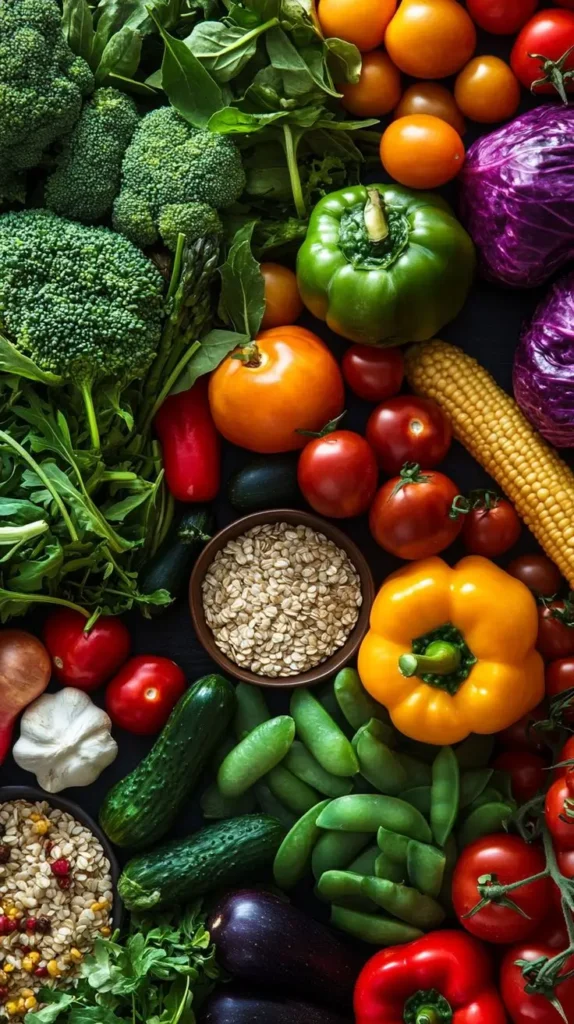
3. Drink Plenty of Water
How much water do you drink in a day? Staying hydrated is essential for maintaining optimal health, but many people overlook its importance. Water supports digestion, keeps your skin glowing, and helps regulate body temperature.
Aim for at least eight glasses a day, but feel free to adjust based on your activity level or climate. If plain water seems boring, try adding slices of lemon or cucumber for a refreshing twist.

4. Don’t Skip Breakfast
How many times have you skipped breakfast in a rush? It’s tempting to skip the most important meal of the day, but breakfast is crucial for recharging after a night of rest. A healthy breakfast jumpstarts your metabolism and keeps you energized throughout the day.
A well-balanced breakfast that combines protein, healthy fats, and fiber will help you stay full longer. Try oatmeal with fruits and nuts or a smoothie with spinach and protein powder to fuel your day.

5. Control Your Portions
Portion sizes are often much larger than we actually need. Learning to control your portions can help prevent overeating and allow you to enjoy your meals without guilt. It’s about eating the right amount to nourish your body.
Start by paying attention to serving sizes and using smaller plates. Instead of finishing everything on your plate, listen to your body and stop eating when you feel satisfied, not stuffed.
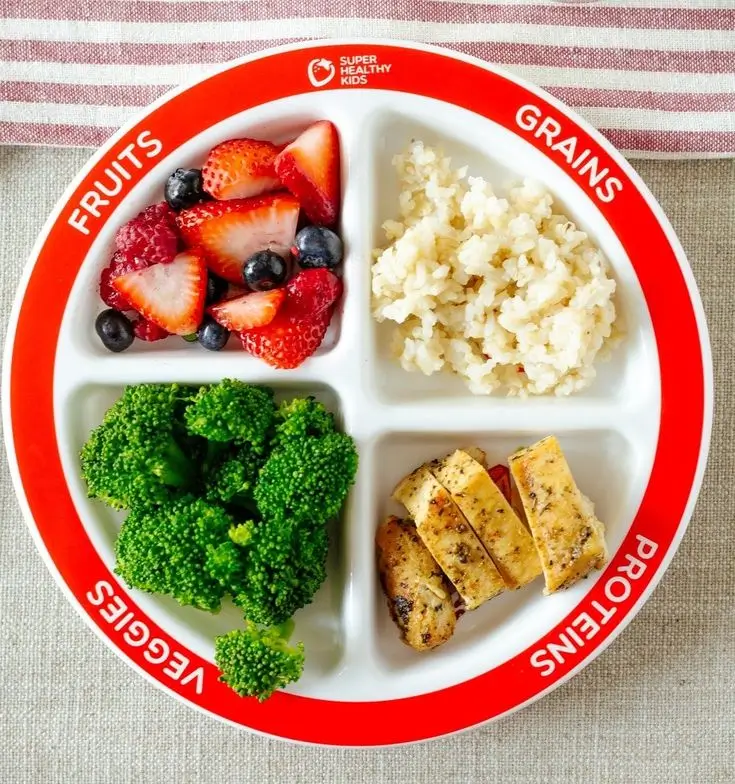
6. Eat Mindfully
How often do you eat while distracted? Mindful eating encourages you to slow down and really pay attention to your food. When you focus on the flavors and textures, you’ll feel more satisfied with smaller portions and can avoid overeating.
Try eating without distractions like your phone or television. This allows you to enjoy your food more and helps your body signal to your brain that it’s full.

7. Reduce Sugar Intake
How much sugar do you consume daily? Excessive sugar can lead to weight gain, fatigue, and other health issues. Reducing your sugar intake can improve your energy levels and overall health.
Instead of sugary snacks, opt for natural alternatives like fruit or nuts. Slowly cutting back on sugar can make a significant difference in how you feel day-to-day.

8. Include Protein in Every Meal
How often do you eat meals that lack protein? Protein is essential for building muscles and maintaining healthy tissues. Including protein in every meal stabilizes your blood sugar levels and keeps you feeling full for longer periods.
Protein-rich foods like lean meats, eggs, beans, and tofu are great additions to your diet. A balanced meal with protein helps you stay energized and focused throughout the day.
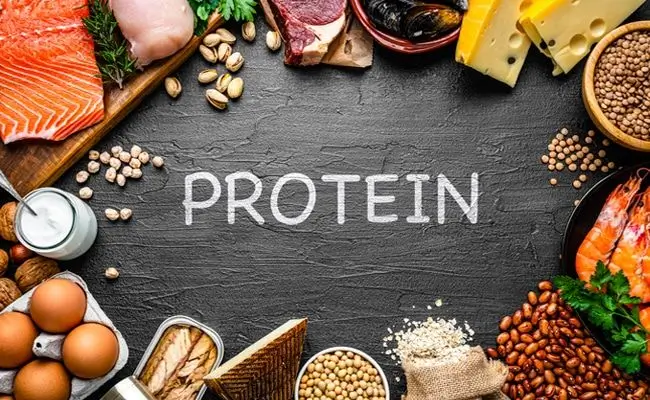
9. Plan Your Meals
Have you ever found yourself staring at your fridge, unsure of what to eat? Meal planning is one of the easiest ways to ensure healthy eating. Planning ahead helps you make better choices and avoid the temptation of unhealthy options.
Take a few minutes each week to plan your meals and snacks. This simple habit reduces stress and ensures you always have healthy meals ready to go.
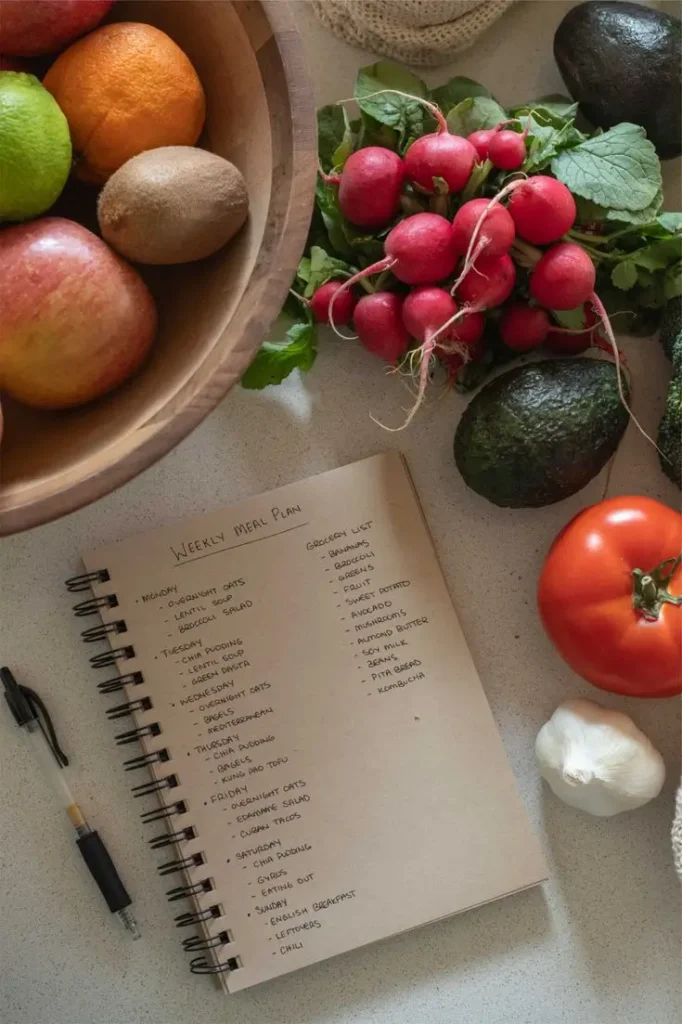
10. Practice Portion Control When Dining Out
Dining out can be tricky when you’re trying to maintain healthy habits. Restaurant portions are often much larger than necessary. Instead of eating everything on your plate, practice portion control by sharing meals or taking leftovers home.
Don’t hesitate to ask for smaller portions or substitute healthier options when dining out. Practicing portion control helps you enjoy eating out without overindulging.

11. Include Healthy Fats
Do you shy away from fats in your diet? Not all fats are bad. Healthy fats, found in foods like avocado, nuts, and olive oil, are essential for brain function and overall health. These fats keep you satisfied and provide vital nutrients.
Include healthy fats in your meals by adding avocado to your salads or using olive oil for cooking. These fats not only taste great but are essential for your well-being.

12. Get Enough Fiber
How often do you consider your fiber intake? Fiber plays a crucial role in digestion and helps keep you full. It also supports blood sugar regulation and lowers the risk of certain chronic diseases.
Include fiber-rich foods like whole grains, fruits, and vegetables in your meals. A high-fiber diet supports your digestive health and helps you feel fuller longer.
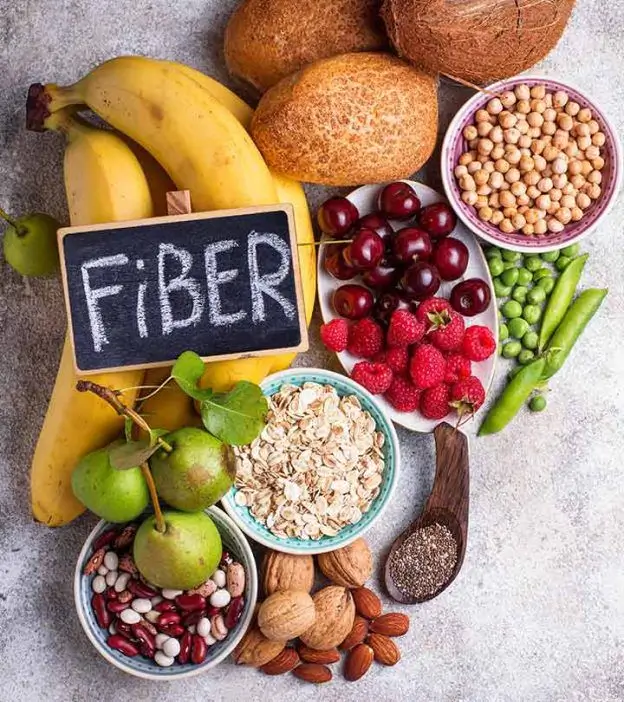
13. Don’t Drink Your Calories
Are you consuming extra calories through sugary drinks? Many beverages, like soda and sweetened coffee, are full of hidden calories. These drinks provide little nutritional value but can contribute to weight gain.
Opt for water, herbal teas, or sparkling water to stay hydrated. These drinks not only quench your thirst but also support your overall health.

14. Eat Slowly and Enjoy Your Food
How often do you rush through meals? Eating too quickly can cause overeating and poor digestion. Slowing down allows you to savor your food and feel more satisfied after meals.
Take your time and chew your food thoroughly. By eating slowly, your body will have time to signal to your brain that you’re full, helping you avoid overeating.

15. Snack Wisely
Snacking is often a part of our daily routine, but the types of snacks we choose matter. Instead of reaching for chips or candy, select nutrient-dense snacks that provide protein, fiber, and healthy fats.
Healthy snacks, like Greek yogurt, nuts, or fresh fruit, can keep your energy levels up and prevent overeating during meals. Choosing the right snacks makes it easier to stay on track with healthy eating habits.
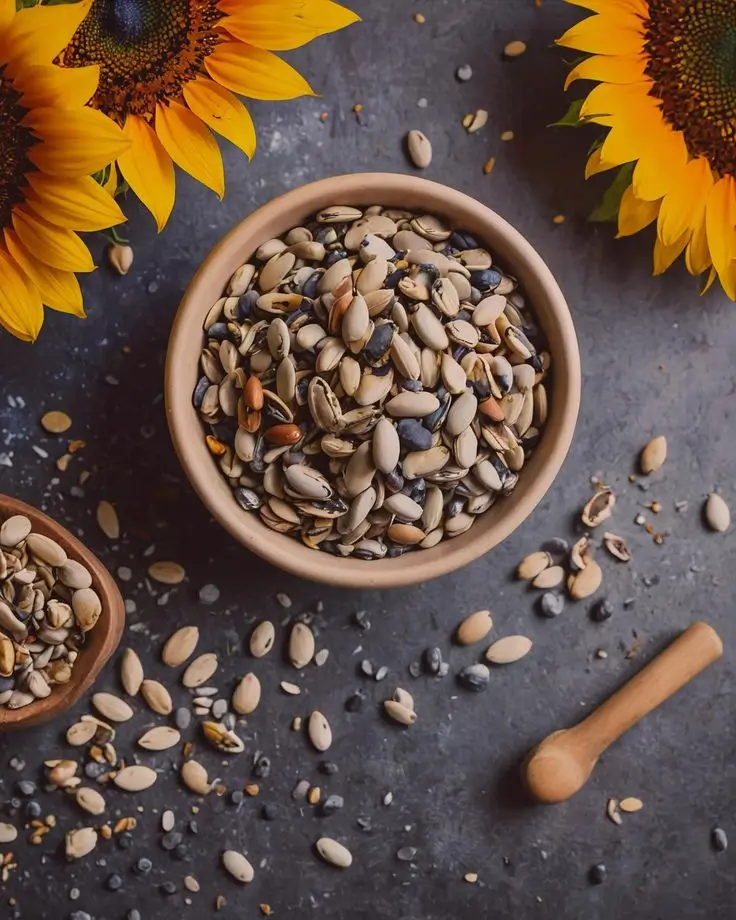
16. Limit Processed Foods
Processed foods are often loaded with unhealthy fats, sugar, and preservatives. While they may be convenient, they are generally not nutrient-dense. Focusing on whole, unprocessed foods ensures that you’re fueling your body with quality nutrition.
Whenever possible, try to avoid packaged foods with long ingredient lists. Fresh produce and whole grains should form the foundation of your diet.

17. Listen to Your Hunger Cues
How often do you eat out of boredom or stress? Learning to listen to your body’s hunger cues is essential for healthy eating. By eating only when you’re truly hungry, you can avoid unnecessary snacking and emotional eating.
Before eating, pause and ask yourself if you’re genuinely hungry. This mindfulness can help you make better decisions and prevent overeating.

18. Keep Healthy Snacks on Hand
Have you ever found yourself snacking on unhealthy foods just because they’re available? Keeping healthy snacks on hand ensures you can make better choices when hunger strikes.
Keep nutritious options like mixed nuts, fruit, or cut-up vegetables ready to grab. Having healthy snacks easily accessible helps you stay on track with your eating goals.

19. Get Creative with Your Cooking
Do you get bored with the same meals? Healthy eating doesn’t have to be monotonous. Experimenting with new ingredients, flavors, and cooking methods can make healthy meals more exciting and enjoyable.
Try exploring new recipes or cooking techniques to keep meals interesting. The more you enjoy cooking, the easier it will be to stick to healthy eating habits.

20. Stay Consistent
How do you maintain healthy habits over time? Consistency is key when it comes to healthy eating. It’s not about being perfect every day, but rather making small, sustainable changes that add up over time.
Track your progress, celebrate your wins, and don’t get discouraged by occasional slip-ups. Staying consistent with your healthy eating habits will lead to long-term success.
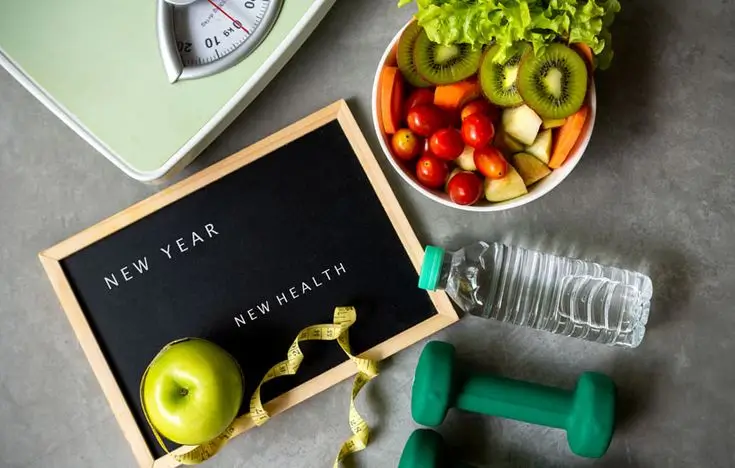
21. Practice Gratitude for Your Meals
Do you ever take the time to appreciate your food? Practicing gratitude for your meals can improve your relationship with food and enhance your enjoyment of healthy eating. Take a moment to thank your food for nourishing your body.
This practice can help you focus on the positive aspects of eating and foster a healthier, more mindful relationship with food.

Conclusion
Building healthy eating habits isn’t about drastic changes or restrictions. It’s about making small, sustainable choices that nourish your body and keep you feeling your best. Start with a few of these habits, and gradually build on them for lasting change. Your body will thank you for the positive changes, and you’ll feel better than ever.










